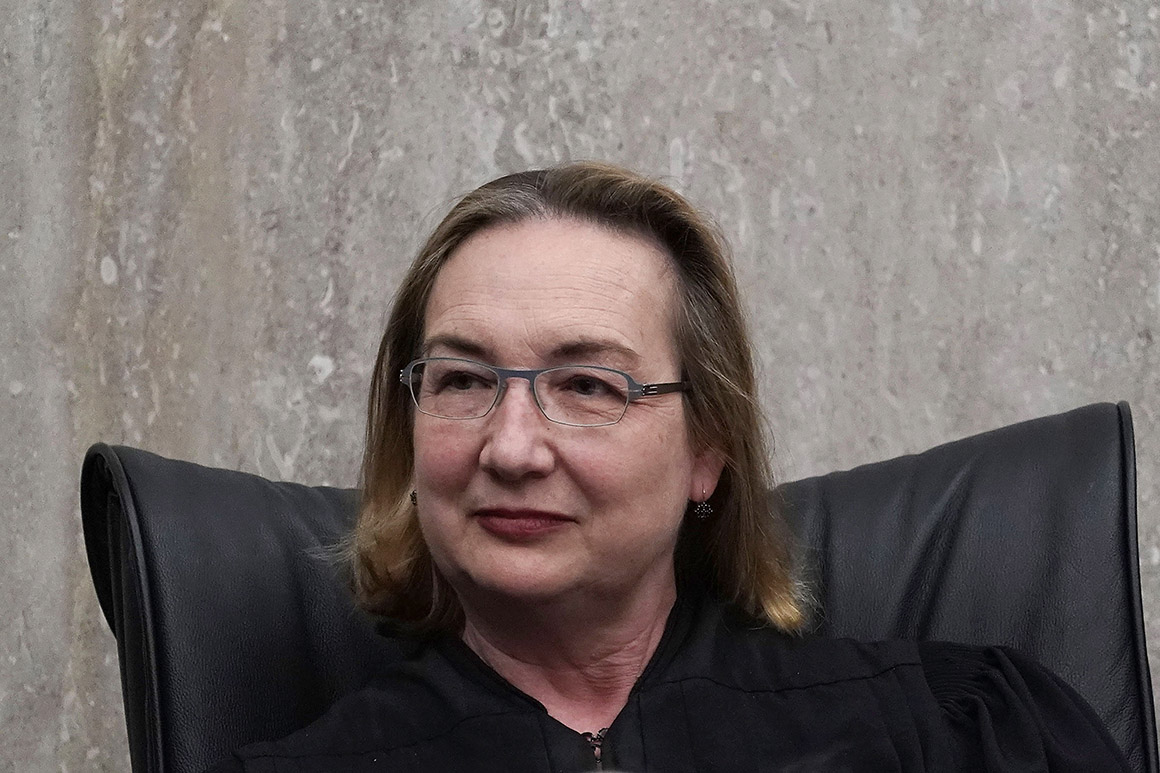

Howell, who served as chief judge of the District Court from 2016 until March and remains on the bench there, also suggested that the dangers evident on the day of the Capitol riot have not passed — in part because some Americans have become unmoored from facts.
“We are having a very surprising and downright troubling moment in this country when the very importance of facts is dismissed, or ignored,” Howell told the annual gala of the Women’s White Collar Defense Association at a downtown hotel. “That’s very risky business for all of us in our democracy. … The facts matter.”
Howell did not refer by name to Trump, who is currently the overwhelming favorite to win the Republican presidential nomination next year. She also made no mention of his trial set to open March 4 before one of her colleagues, Judge Tanya Chutkan.
However, Howell approvingly quoted Boston College historian Heather Cox Richardson’s claim in her new book that the U.S. “is at a crossroads teetering on the brink of authoritarianism.” The judge also quoted and echoed Richardson’s warning that “Big lies are springboards for authoritarians.”
Howell received a “champion” award Tuesday night from the women lawyers group, which she urged to help preserve democratic traditions by calling attention to the facts at the center of their work.
“The skills we use every day to figure out what the facts are and what actually happened in a civil respectful manner are a good model for our fellow citizens right now at this time of testing,” she said.
Also receiving the same award Tuesday was the No. 2 official at the Justice Department, Deputy Attorney General Lisa Monaco.
The awards were presented by former Attorney General Loretta Lynch, who hailed the women lawyers organization for its efforts to promote diversity in the white-collar bar. Lynch appeared to allude to this year’s Supreme Court decision outlawing race-based affirmative action in college admissions when she referred to “reactionary forces rising” and an “incredible backlash” against the movement to increase diversity.
In the wake of the high court rulings last June, at least two law firms have faced lawsuits challenging scholarships and fellowships alleged to discriminate in favor of minorities, and at least one other firm broadened its criteria for the awards.
